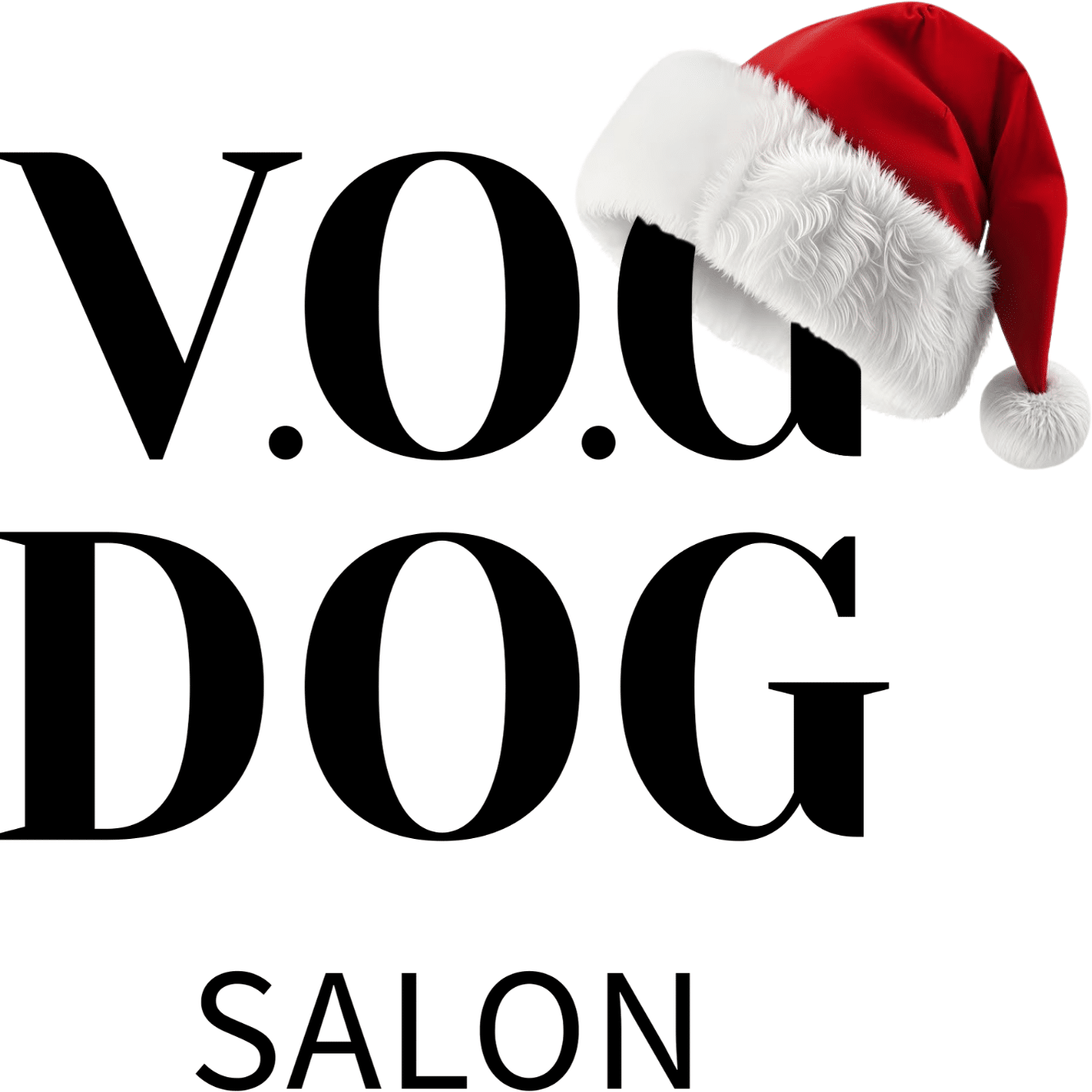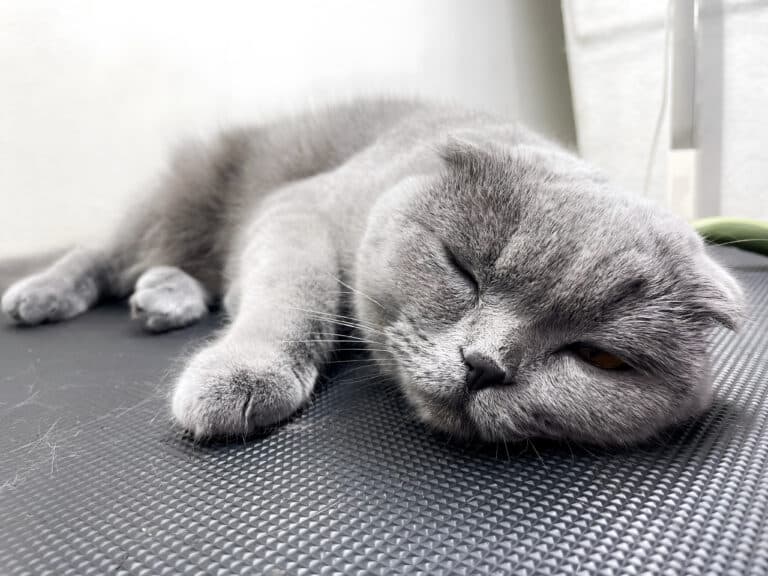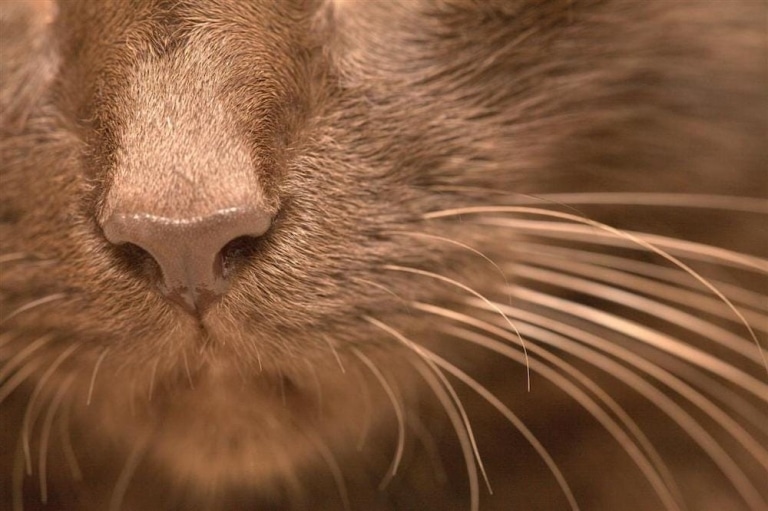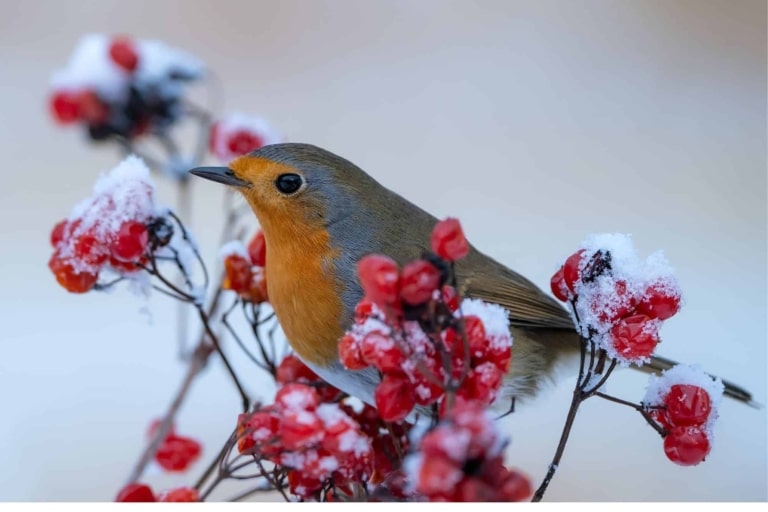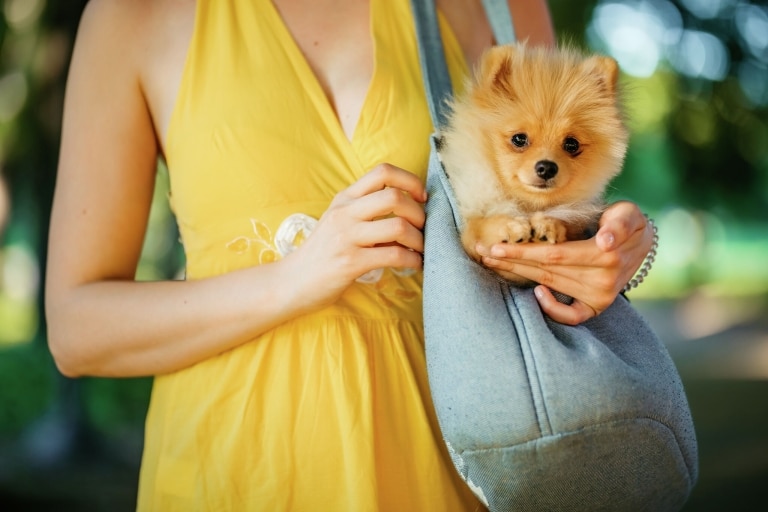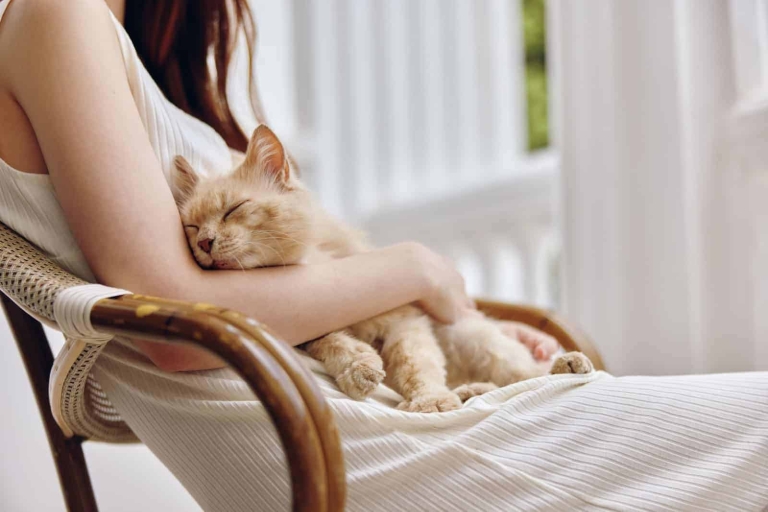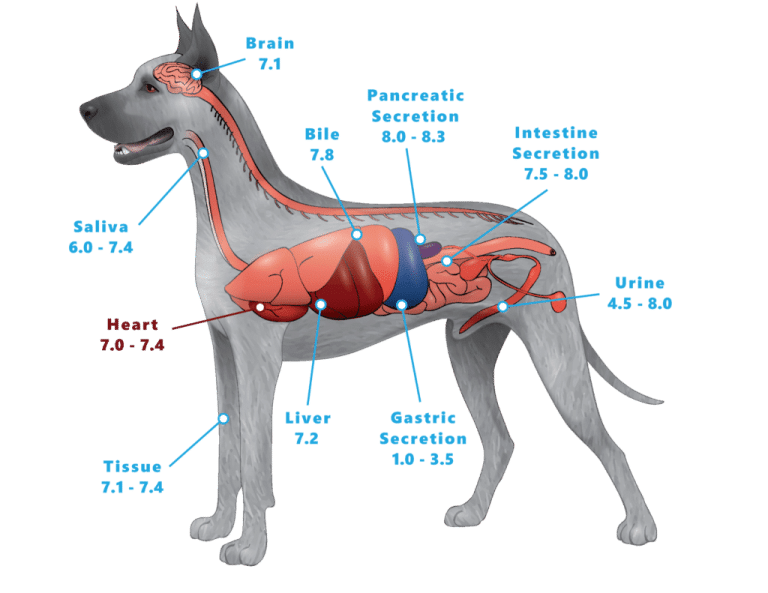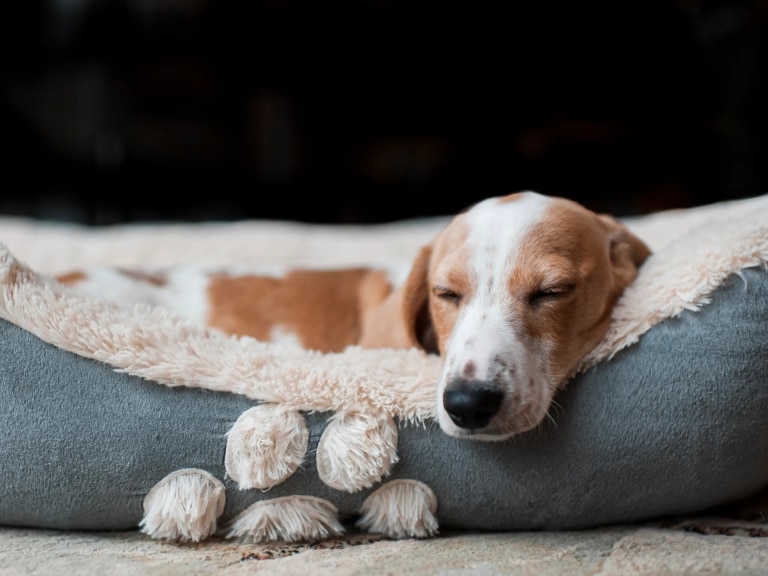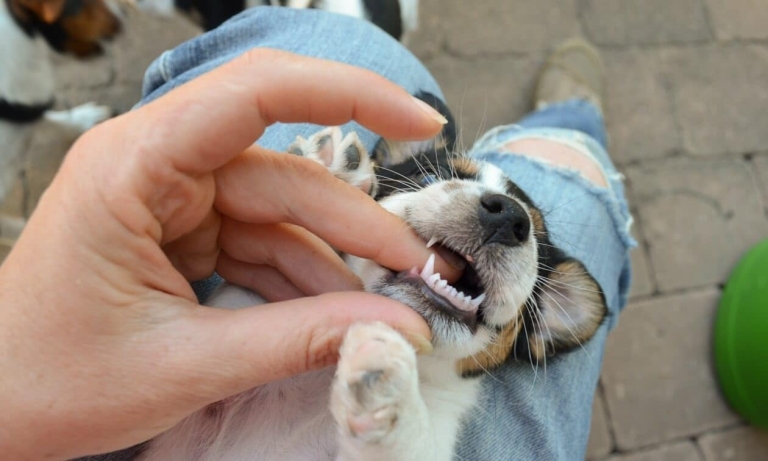With age, just like in humans, dogs undergo changes, particularly in the condition of their fur and skin. These changes can affect the overall well-being of the animal, so it is important to know how to properly care for your aging friend.
Features of the Skin and Fur of Elderly Dogs
As dogs age, their fur becomes thinner and less dense, and their skin loses its elasticity. This can lead to various problems such as dry skin, dandruff, a reduction in the natural oily layer of the skin, which in turn can cause itching and irritation. Elderly dogs are also at increased risk of developing skin diseases, infections, and allergies. Another common occurrence is the appearance of gray hair, especially around the muzzle and on the paws.
The grooming process for older dogs requires a more delicate approach. It’s important to use soft brushes to avoid damaging sensitive skin, and to use special shampoos that help maintain the natural balance of the skin and do not cause irritation. Regular inspection of the skin and fur can help identify potential problems in time and prevent their development.
By providing gentle and attentive care, you can help your pet feel good even in their advanced years.
General Tips for Grooming and Caring for Aging Dogs
Grooming senior dogs requires a special approach and attention, as in this age their skin becomes more sensitive, and their fur weaker. Here are some tips to ensure safe and comfortable care.
Skin Examination: Before grooming, it is important to carefully examine the dog’s skin. Look for signs of irritation, rashes, swelling, or parasites that may require special attention.
Choice of Tools: Use soft scissors with blunt tips and gentle clippers for grooming. Avoid sharp edges that can easily injure the dog’s sensitive skin.
Avoiding Stress: Elderly dogs may be more sensitive to stress. Ensure a calm and quiet environment for grooming. You can use soothing music and carry out the grooming in a familiar place for the dog, preferably in the grooming salon that you usually visit.
Grooming Technique: Cut the fur following the direction of its growth to avoid irritating the skin. Be careful around joints and skin folds. If the dog shows signs of discomfort or pain, stop grooming immediately.
Daily Care for the Fur of Old Dogs
Daily brushing of the fur is important to prevent matting, especially for breeds with long hair. It also helps stimulate circulation and distribute the natural oils of the skin.
Use soft brushes or combs with rounded tips to avoid irritating sensitive skin. The brush should be gentle enough not to cause discomfort.
Brush the fur with soft, smooth movements, avoiding sharp pulling or jerking. Pay special attention to areas under the arms, behind the ears, and around the tail, where the fur tends to tangle.
Choose shampoos specifically designed for dogs with sensitive skin. Hypoallergenic or organic shampoos without strong chemical components like parabens or sodium lauryl sulfate are ideal.
Using conditioner can help keep the fur soft and healthy, especially for breeds with long hair. Choose products that moisturize the skin and fur but don’t leave a greasy film.
Avoid bathing too frequently, as this can lead to dry skin. Follow your groomer’s recommendations for the optimal bathing frequency for your specific breed.
Nutrition and Its Impact on the Condition of Fur and Skin
As dogs age, their nutritional needs change, so it’s important to adapt their diet to these new requirements.
How Proper Nutrition Can Improve Coat Condition
Ensure your dog’s diet is rich in high-quality proteins, which are essential for maintaining a healthy coat. Proteins are the primary building block for fur.
Healthy fats, including omega-3 and omega-6 fatty acids, are important for maintaining a shiny coat and healthy skin. They help prevent skin dryness and maintain its elasticity.
Make sure your dog drinks enough water, as dehydration can negatively affect the condition of the fur and skin.
Vitamins and Supplements for Maintaining the Health of Fur and Skin: Vitamin E and Vitamin A are known for their antioxidant properties and contribute to skin health. Vitamin E is especially beneficial for maintaining skin health, while Vitamin A is important for the fur.
Biotin (Vitamin B7) is important for the health of fur and skin. Biotin can help reduce hair loss and improve its quality.
Remember, before introducing any supplements or changing your dog’s diet, it is important to consult with a veterinarian. They can provide advice on the best nutrition plan based on your dog’s individual needs.
Tips from V.O.G DOG Professionals for Caring for Elderly Dogs:
Elderly dogs often have joint problems and reduced endurance. It is important to adapt the level and duration of physical exercises, avoiding too intense loads.
Provide a soft and comfortable sleeping place that supports the joints and does not cause discomfort. Orthopedic mattresses can be very helpful.
Aging dogs often require more frequent veterinary check-ups to timely detect and treat potential diseases.
Maintain a healthy weight for your pet. Excess weight can cause joint problems and other health issues.
Ensuring constant access to fresh water supports hydration and health.
Daily fur care and regular baths with gentle shampoos help prevent skin problems.
Elderly dogs often become more attached to their owners and require more attention and emotional support.
By following these tips from V.O.G DOG professional groomers, you can ensure a healthy old age for your furry friend and extend their life.
